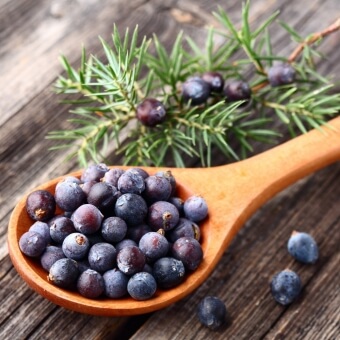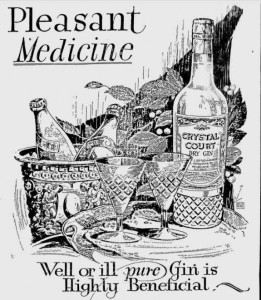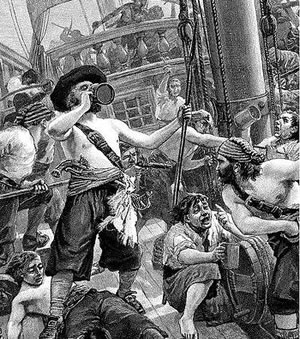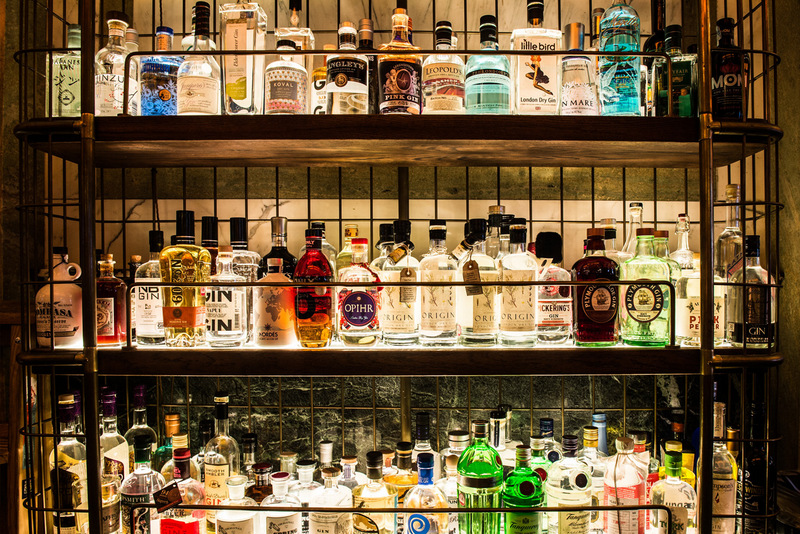My journey into discovering more about different gins and tonics on the market has got me questioning where gin came from, whats its’ origin and whats its’ story.
Gin is a liquor which comes from its predominant flavor from juniper berries.

The earliest gin was made as a herbal medicine during the Middle Ages, however Gin as we know today has been developed based upon an old Dutch liquor Jenever. And, came to Great Britain when William of Orange, the leader of the Dutch Republic occupied English, Scottish and Irish thrones in the late 17th and early 18th century.
Today, Gin is one of the most fashionable, popular and varied spirits on the market.
In the 12th Century, Italian monks used to distill spirits with Juniper berries, using the newly acquired distilling knowledge brought over from the Arab world. And, through to the 13th Century physicians used juniper due to its reputation as a diuretic, and for centuries they used juniper infused compounds to treat various conditions of the stomach, kidneys and liver.

Once the Bubonic Plague “The Black Death” spread to Europe from Central Asia in the late 1340’s, it was believed that if an individual consumed juniper cordials and elixirs to stave off the Plague. With our knowledge of the Plague now, we know that Gin itself didn’t prevent nor cure the Plague, however, rats didn’t like the smell of juniper, and therefore stayed away from those that began carrying it on their person. This led to the distillation of juniper as a medicine leading to the creation of jenever in Holland.
Jenever has become the national and traditional liquor of the Netherlands and Belgium, and is still very popular in those areas of Europe and nearby regions. Traditionally Jenever had a high percentage of Malt Wine to 50% ABV, which resulted in malty tones like whiskey, therefore herbs were added to mask the flavor, and the Juniper berry was used for its alleged medicinal benefits. Consequently, individuals strived to produce a lighter style of Jenever, which resulted in Jonge. Jonge results in a much lighter style of Jenever with a much lower malt wine content (up to 15%ABV).
Professor Sylvius de Bouve is widely credited with the creation of Jenever, he was a chemist, alchemist and one of the founding professors of the oldest university in the Netherlands. Sylvius de Bouve is often confused with a German Doctor Franciscus Sylvius who was a Professor of Medicine at the same university some 90 years later.
During the Eighty Year War, English soldiers were sent by Queen Elizabeth I to assist the Dutch Revolt against Philip of Spain and their Spanish Catholic rulers. English troops fighting these wars were given jenever to calm them down before battle, from where the term “Dutch Courage” originates from.

In 1575 the Bulsius family set up their distillery in Amsterdam, establishing Bols, the worlds oldest distilled brand. The Bols are believed to have started producing juniper flavoured spirits soon after arriving in Amsterdam and the first to establish and commercialise a jenever brand.
Gin was introduced to England in the late 17th Century (which deserves a separate post in itself), thousands of gin shops sprang up throughout England, in a period known as Gin Craze.
After the invention and development of the column still in 1826 and 1831, it made the distillation of neutral spirits practical, and the creation of the “London Dry” style evolved later in the 19th Century, becoming the staple ingredient in a host of fashionable drinks, including the world famous Martini. By the 1950’s gin had become one of the three essential drinks, and has since remained one of the most popular and invigorating drinks up to the modern day.



